Hong Kong Elite Selects Powerful New 'Patriots Only' Committee
Hong Kong's political elite will select a powerful committee on Sunday which will choose the city's next leader and nearly half the legislature under a new "patriots only" system imposed by Beijing.
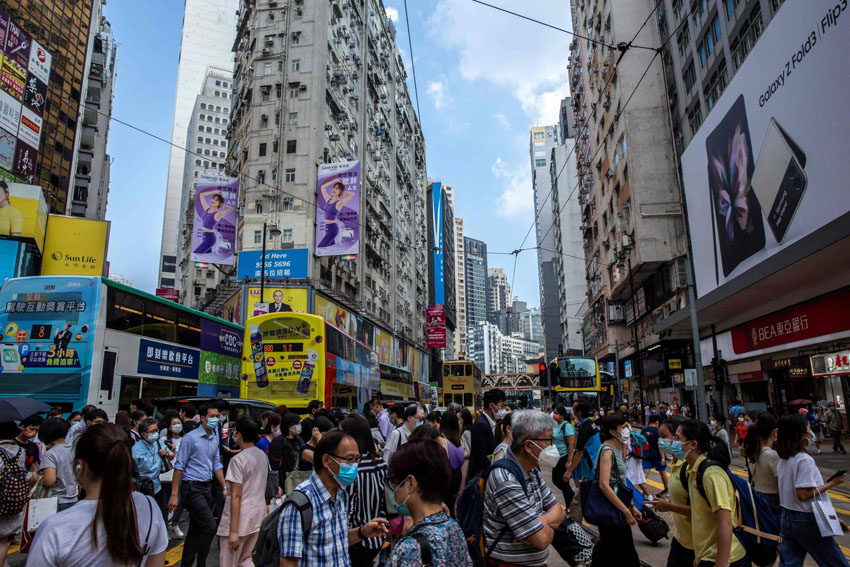
Photo: TYT
Hong Kong (AFP): Hong Kong's political elite will select a powerful committee on Sunday which will choose the city's next leader and nearly half the legislature under a new "patriots only" system imposed by Beijing.
The financial hub has never been a democracy -- the source of years of protests -- but a small and vocal opposition was tolerated after the city's 1997 handover to authoritarian China.
Huge and often violent democracy rallies exploded two years ago and Beijing has responded with a crackdown and a new political system where only those deemed loyal are allowed to stand for office.
The first poll under that new system, dubbed "patriots rule Hong Kong", will take place on Sunday as members of the city's ruling classes choose a 1,500-seat Election Committee.
In December, that committee will appoint 40 of the city's 90 seats in the legislature -- 30 will be chosen by special interest groups and just 20 will be directly elected.
The following year, it will pick Hong Kong's next China-approved leader.
Beijing insists the new political system is more representative and will ensure "anti-China" elements are not allowed into office.
Critics say it leaves no room for the pro-democracy opposition and turns Hong Kong into a mirror of the authoritarian Communist Party-ruled mainland.
"Hong Kongers are completely cut off from electoral operations," Nathan Law, a prominent democracy leader who fled to Britain last year, told AFP.
"All election runners will become puppet showmen under Beijing's entire control... with no meaningful competition."
Ted Hui, a former lawmaker who moved to Australia, said Hong Kong's political system was now "a rubber-stamp game completely controlled by Beijing."
"It's more than a managed democracy. It's an autocracy trying to pretend to be civilised," Hui told AFP.
4,800 voters, 6,000 police
Under the new system, all those standing for public office must be vetted for political loyalty and cleared of being a national security threat.
Back in 2016, some 233,000 Hong Kongers were allowed to select the Election Committee.
That figure has now been trimmed to around 4,800 -- the equivalent of 0.6 percent of Hong Kong's 7.5 million population. Police said 6,000 officers would be deployed to ensure there are no protests or disruptions.
The vast majority of seats in Sunday's vote are a one-horse race with just 364 contested. The rest will be installed ex-officio or chosen by special interest groups.
As a result, the committee will be even more stacked than previously with reliable pro-Beijing votes, including loyalist lawmakers and members of national bodies as well as representatives from business, professional and religious groups.
Local media have reported that people linked to the city's powerful business tycoon families will wield less power.
China promised Hong Kong would maintain key liberties and autonomy for 50 years after its handover.
But Beijing has begun tightening its grip on the city following the 2019 protests.
China's leaders were also stung by pro-democracy candidates winning a landslide the same year in district council elections -- the only public office positions in Hong Kong fully selected by universal suffrage.
On top of the new political system, China has also imposed a sweeping national security law that has criminalised much dissent.
Multiple opposition figures have been jailed, dozens of pro-democracy groups, including the city's most popular newspaper, have been shuttered and tens of thousands of Hong Kongers have left the city. Others have been disqualified for their political views.
-

Moldovan youth is more than ready to join the EU
2024-04-18 -
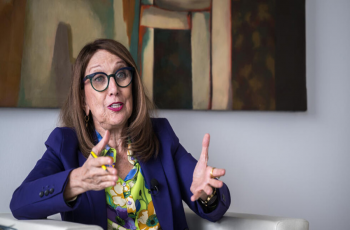
UN says solutions exist to rapidly ease debt burden of poor nations
2024-04-18 -
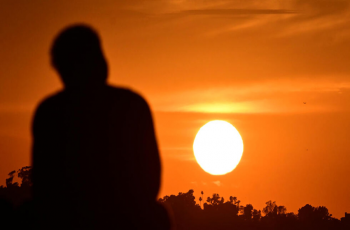
'Human-induced' climate change behind deadly Sahel heatwave: study
2024-04-18 -
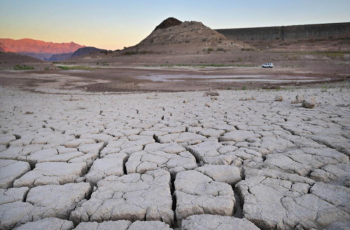
Climate impacts set to cut 2050 global GDP by nearly a fifth
2024-04-18 -
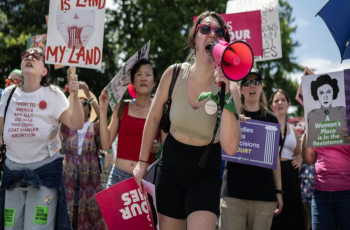
US sterilizations spiked after national right to abortion overturned: study
2024-04-13 -
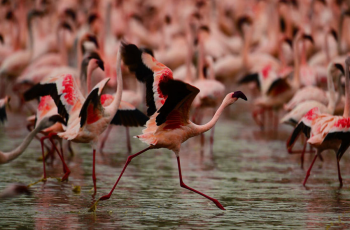
Future of Africa's flamingos threatened by rising lakes: study
2024-04-13 -
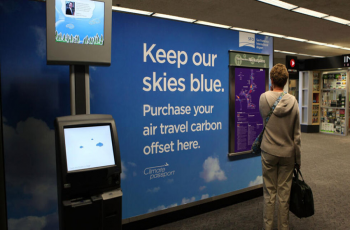
Corporate climate pledge weakened by carbon offsets move
2024-04-11 -
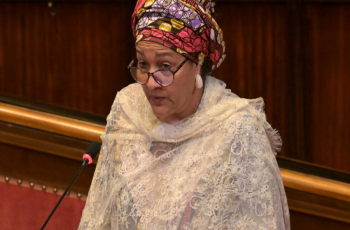
Humanity lost 'moral compass' on Gaza: top UN official
2024-04-10 -

No.1 Scheffler says patience and trust are secrets to success
2024-04-10 -
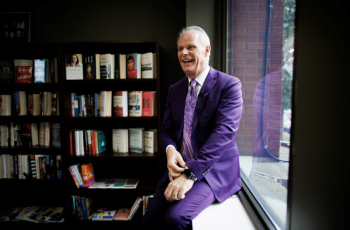
From homeless addict to city chief: the unusual journey of Canadian mayor
2024-04-10
